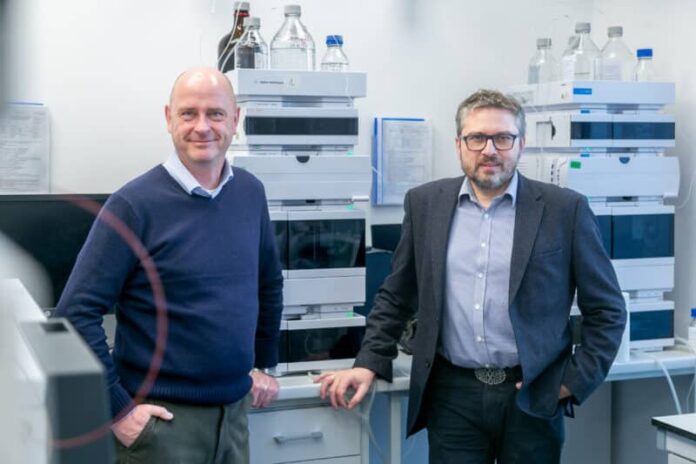The biopharmaceutical companies Biotts SA and Bioton SA have signed a cooperation agreement. The stock exchange company will supply insulin for patches allowing drug application via skin using Biotts’ transdermal system. After the Proof of Concept (PoC) stage, the biotech will develop a comprehensive product, ready for launch on the global pharmaceutical market.
According to a report by the International Diabetes Federation (IDF), the number of people aged 20-79 with diabetes will reach 643 million by 2030. This, along with advancing technological development, will drive the demand for alternative methods of insulin administration.
Insulin in transdermal form, developed by Biotts in cooperation with Bioton and using the MTC-Y carrier, will be a breakthrough on the diabetes medication market, currently dominated by oral and injectable medications. Forecasts indicate that the global market for transdermal drug delivery systems will increase from $37.2 billion in 2022 to nearly $52 billion in 2030.
Biotts, a Wroclaw-based biopharmaceutical company, is one of the global pioneers of innovative carriers. The company’s goal, through the cooperation with Bioton, is to revolutionize the daily life of people with diabetes by replacing oral medications, insulin pumps and painful injections.
The collaboration between the two Polish firms is incredibly significant. It demonstrates the innovation that is ongoing in the Polish biotechnology and medical technology industry. Most importantly, transdermal technology provides patients with a broader choice of drug delivery systems.
According to the IDF report, the number of people aged 20-79 with diabetes totaled 537 million in 2021. It is estimated that by 2030, this number will reach 643 million and by 2045, a staggering 783 million people.
The application of smaller doses of active insulin in carriers will lower production costs for pharmaceutical corporations. The high absorption of medicinal substance from patches will limit the production of hazardous medical waste.
The increasing prevalence of chronic diseases among patients and the need for alternative drug delivery methods are driving the dynamic development of transdermal technologies.
“I am proud to be part of a team that makes this possible using such a significant active substance as insulin. Not only will this improve the quality of life of millions of people with diabetes worldwide, but it will also inspire the pharmaceutical industry to develop similar alternatives in other therapeutic areas using our technology.” said Jan Hendriks, CEO of Biotts.
By 2027, Biotts plans to create a ready-to-launch product in the form of patches for the global pharmaceutical market. Biotts US, the company’s American branch, is also involved in the development and funding of the project.












